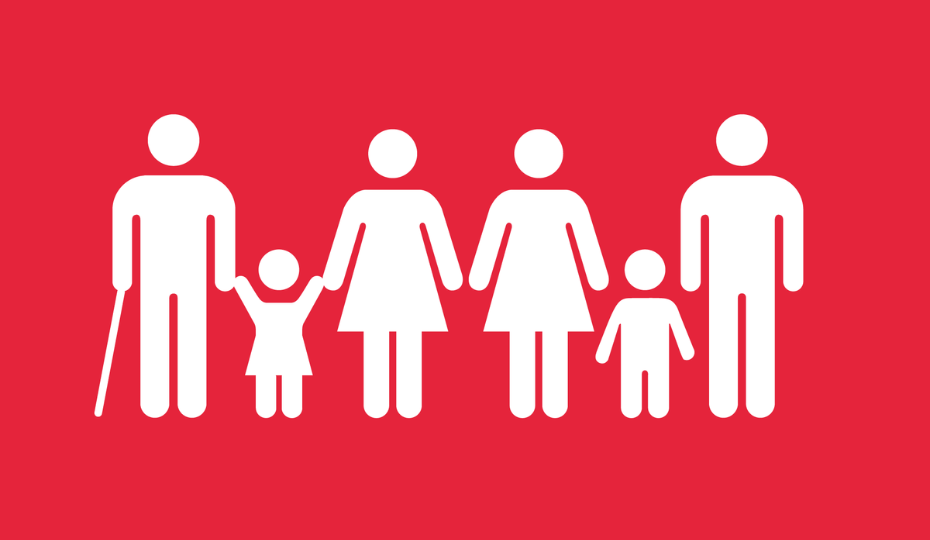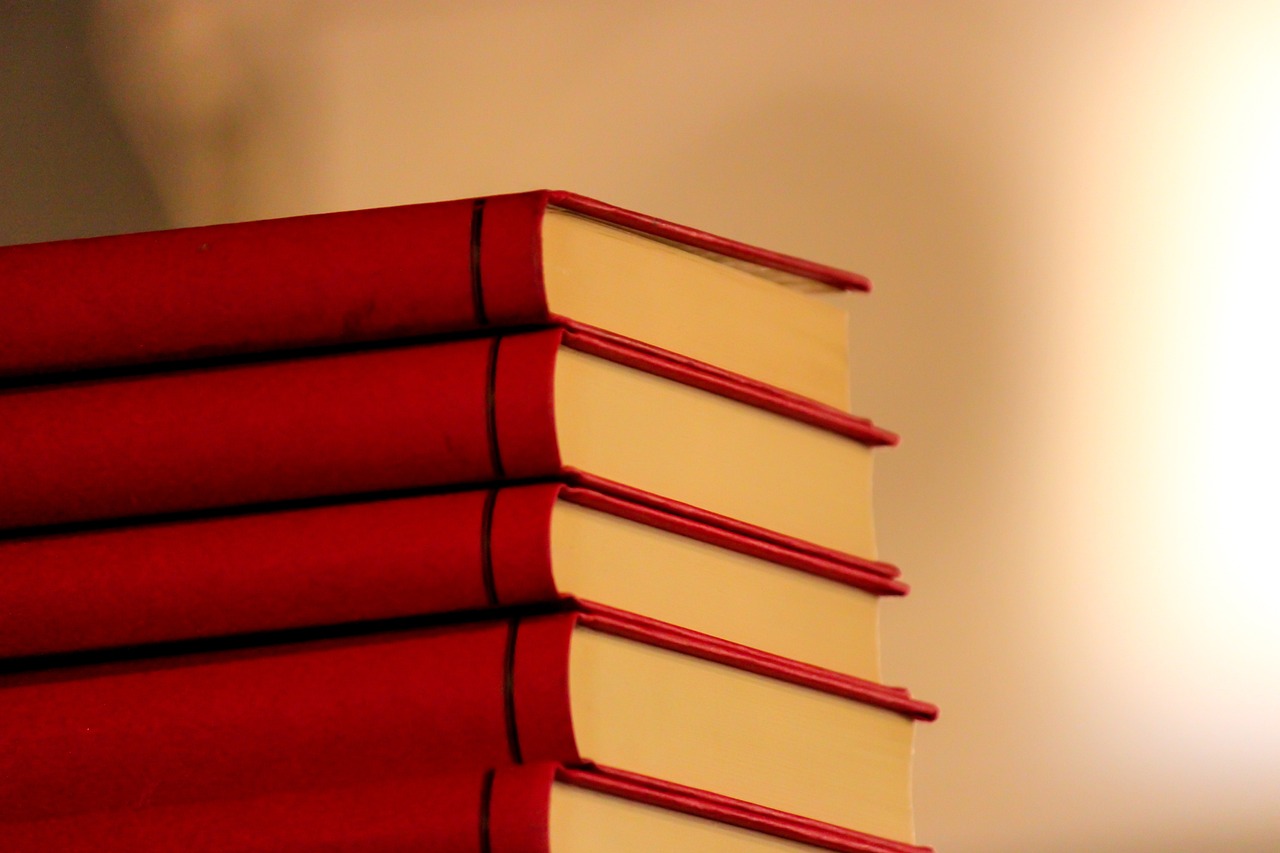Examples of our actions toward SDG1 No Poverty
We have set out targets to greatly increase the number of LOW PARTICIPATION NEIGHBOURHOODS students and in doing so close the gap at Durham between the most represented and the least represented. Our target is to to reach a ratio between quintiles 5 and 1 of POLAR4 to 3:1 by 2024-25.
Research
Education
Wider Student Experience
Living the Values
Global
Local and Regional
Governance and Policy
Annual Report on Access and Participation Plan
Islamic finance in sustainable development - Impact Case Study
Our research recognises the importance of Islamic Finance’s contribution to economic development & the role it can play in sustainable development. We found that tackling poverty requires going beyond raising income levels to include other aspects e.g. providing education & health services.
More examples of our work towards SDG 1
Bottom financial quintile admission target
Durham University continues to monitor the admissions of specific groups of students, including those who fall into the bottom financial quintile (POLAR5) category, who may experience barriers accessing Higher Education. The University has identified seven programmes of activity to support achievement of our aims and targets, with the Access & Participation Plan Steering Group continuing to monitor and report on processes to the University Executive Committee.
Access and Participation Plans
Bottom financial quintile student success
Durham University’s Strategy is built on the three pillars of research, education and our wider student experience, but also on our keen sense of student community and of inspiring all students, whatever their background, to achieve their potential.
Durham University’s strategy includes ambitious goals to enhance access, participation, and a sense of community among students, focusing especially on those from lower-income backgrounds. To achieve this, Durham is setting specific targets and regularly tracking the graduation and completion rates of students within the lowest 20% of household income nationally. These efforts are a central part of Durham University’s Access & Participation Plan, which outlines initiatives to broaden inclusion and ensure measurable progress towards these objectives.
Bottom financial quintile student
Our contribution to the economic, cultural and social vibrancy of our area
Durham University is a world-leading university, and proudly part of North East England.
From inspiring learning to sharing our facilities, from driving economic growth to helping our region become more sustainable: we aim to ensure the benefits of a world-leading university are shared across our city, county and region.
An independent report (In-Tune) explored how the University, working with our partners, friends and neighbours, contributes to the economic, cultural and social vibrancy of our area.
Among the headlines were: in 2020/21, we generated £1.9 billion Gross Value Added (GVA) and supported over 17,000 jobs for the UK, including £668m GVA and nearly 11,000 jobs in the North-East. Of these totals, £489m GVA and 8,000 jobs were in County Durham.
For every £1 of funding we received, we generated £4.80 in economic impact for the UK.
To strengthen our impact we are working together with the universities in the region. The five universities of North East England, which collectively contribute £2.7 billion and 33,500 jobs to the UK’s economy, will later this year launch a new partnership to strengthen their collaboration to achieve even greater social and economic impact.
Through working even more closely together, the collective, to be known as Universities for North East England (UNEE), will enable the universities to make an even greater contribution to inclusive economic growth and social transformation.
More than 465 projects involving two or more of the five universities have been delivered with a research value of £243m.
Together, we:
- Provide free innovation support to SMEs
- Foster the creation of new companies, jobs, and investment opportunities
- Co-develop intellectual property and facilitate knowledge exchange with businesses, the public sector, and the voluntary, community, and social enterprise sectors.
Local start-up assistance
Durham University provides assistance in the local community as part of the Arrow business and partnerships collaboration. Arrow can help regional business overcome hurdles to innovation by connecting them with the right expertise and facilities from across four leading North-East universities (Durham, Newcastle, Northumbria and Sunderland). Businesses from County Durham, North Tyneside, Newcastle and Northumberland are eligible for these short-term innovation projects with support that can include:
- One-to-one time with experts
- Innovation support
- Research and development
- Proof of concept and validation
- Specialist data science expertise
- Access to research facilities and equipment
Durham University actively supports the local community by offering free assistance to foster financially and socially sustainable start-ups, expanding training and access to resources for communities across the region. Through initiatives like its partnership with Arrow and the SME Internship Programme Durham demonstrates a strong commitment to empowering and uplifting community-led business innovation.
Local start-up financial assistance
Durham University provides a range of financial assistance, including the fully funded Arrow Innovation Programme to start-ups in the local region. Arrow short innovation projects are fully funded and open to businesses in County Durham, North Tyneside, Newcastle and Northumberland. It has already helped over 150 businesses in the region innovate, and new funding means that more businesses of all sizes can access a wider range of expertise from Durham University.
We also offer business growth (scale-up) support (via Northern Accelerator) to spinout SMEs that can demonstrate the potential for significant, and sustainable, growth in turnover and/or employment and which require definable support to help trigger, or accelerate, that growth.
Durham University named in national spin-out company best practice
![]()


/prod01/prodbucket01/media/durham-university/about-us/environmental-social-and-economic-sustainability/Environment-Banner.png)



.jpg)
.jpg)




